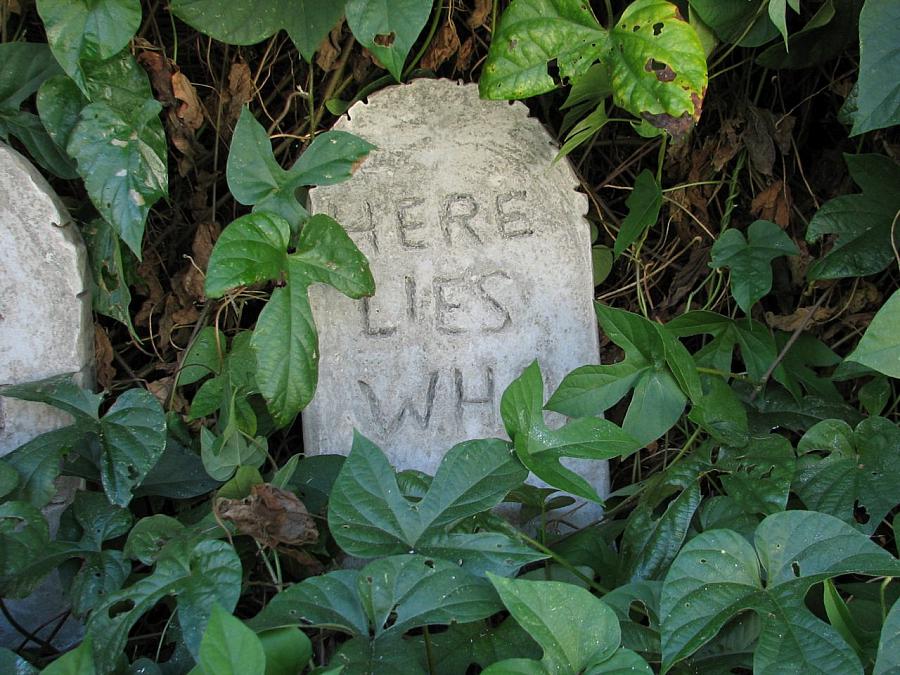Serious Complications: Should Andy Rooney's Cause of Death Be Kept Secret?

One month after Andy Rooney died, CBS News posted a story on its website: "Murder or suicide: How did Jocelyn Earnest die?"
CBS posted a picture of Earnest and included details such as speculation that Earnest - married to a man - had been having an affair with a woman. The story said that she and her husband had been in serious financial trouble, and it quoted from her private diaries. It described how police at the crime scene "found a condom package lying by the bed" and "found a condom unwrapped in the trash can."
All of these details are included to answer the question in the headline. What was Jocelyn Earnest's cause of death?
I doubt if a single reader of that story thought for a second that the cause of death should be a secret. In fact, they probably eagerly anticipated the answer, as I did, as they became engrossed in the detective novel way the writer laid out the details of her death.
The answer is: she was killed by her husband.
But what if the answer had been: she was killed by a surgeon?
In that case, at least some people think the cause of death should be a secret. When Andy Rooney, a true national treasure in broadcast journalism, died in November, his cause of death was a mystery. The many reporters who wrote about his death were told only that it had been caused by "complications from minor surgery." Even CBS News, where Andy Rooney worked for three decades and the same outlet that went into enormous detail reporting on Earnest's death, provided only "complications following minor surgery" as the cause.
Pat Mastors, a former broadcast journalist who has started her own health care product company, Pear Health, wrote a piece for Antidote in Rooney's voice, asking for someone to "tell the truth" about what happened to him in order to prevent similar complications from taking someone else's life. A version of her piece also appeared later on The Health Care Blog and on Kevin MD. The comments on the Health Care blog indicated that many people don't agree with Mastors (or me.)
One commenter wrote, "Conversations and pronouncements about causes of death need not all be identical. First of all, it is an intensely private affair for those close to the deceased, and whatever information passes (or doesn't) between medical professionals and those they treat and their survivors, is nobody else's business. Others outside that small group may have all the curiosity or suspicions they like, but I see no reason for causes of death to be advertised in detail (or not) unless and until the family approves."
Another wrote, "Those who were closest to Mr. Rooney, have made their wishes crystal clear:
"The Rooney family asks that their privacy be respected at this difficult time." Considering that one of his children holds an executive position at the NLM, I think they are fully informed and their decisions are their business."
And the award for the rudest anonymous comment goes to, "You couldn't find a cause of death because the family has chosen not to reveal it. Your contempt for their privacy is appalling."
Rooney loved getting letters and reading letters on camera. I'd love to hear your thoughts on whether the cause of his death should be kept secret, even as Joyce Earnest's death and so many others are explored in great detail.
When is a story important enough to warrant reporting on a cause of death? Do the deaths of famous people open an opportunity to raise public awareness about medical errors or other health threats? And, setting aside Rooney's fame, does the general public have a right to know what killed the person next door?
Share your thoughts in the comments below or send me a note at askantidote@gmail.com. You also can follow me on Twitter @wheisel.
Related Posts:
Serious Complications: What Andy Rooney Might Say About His Death

